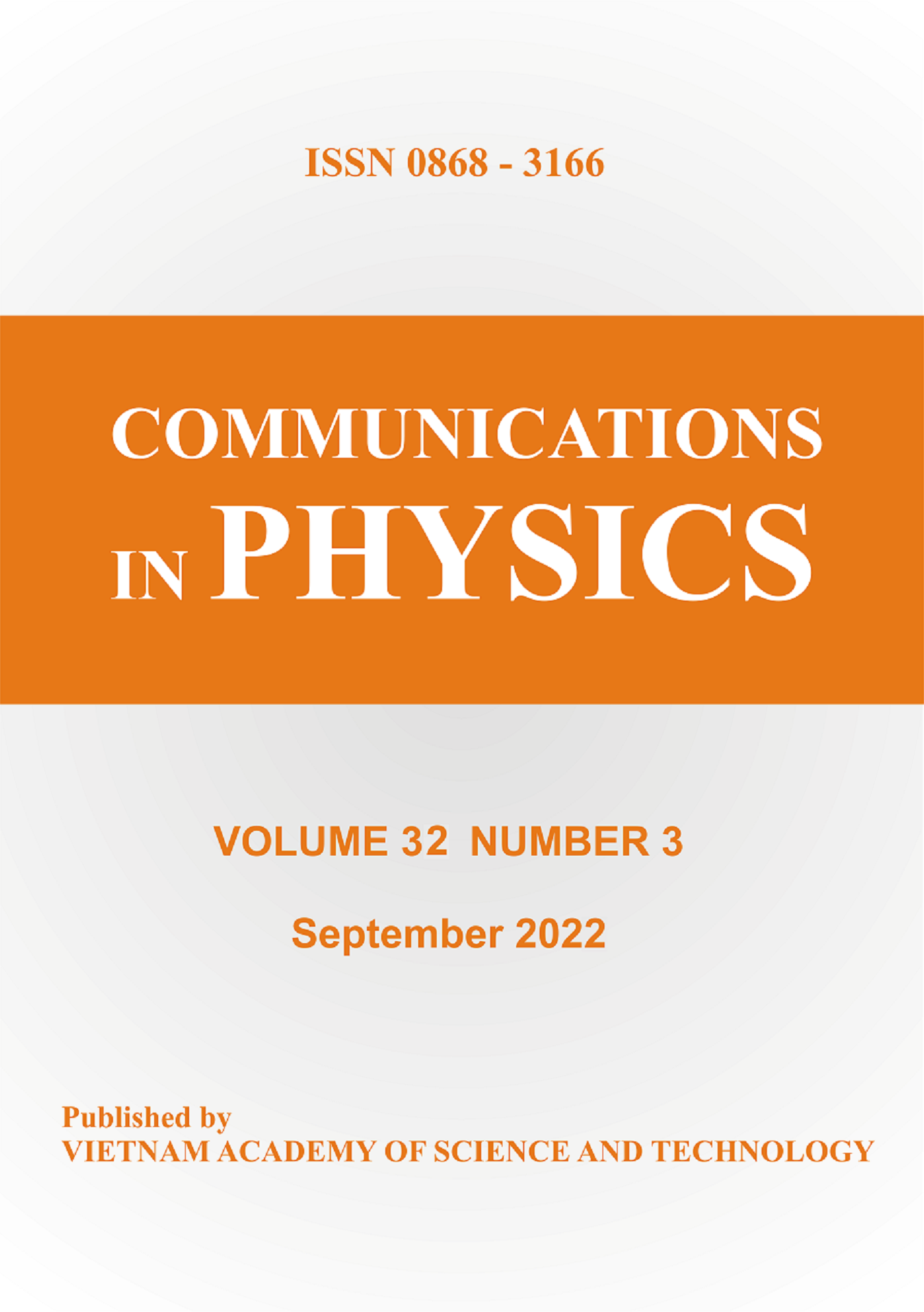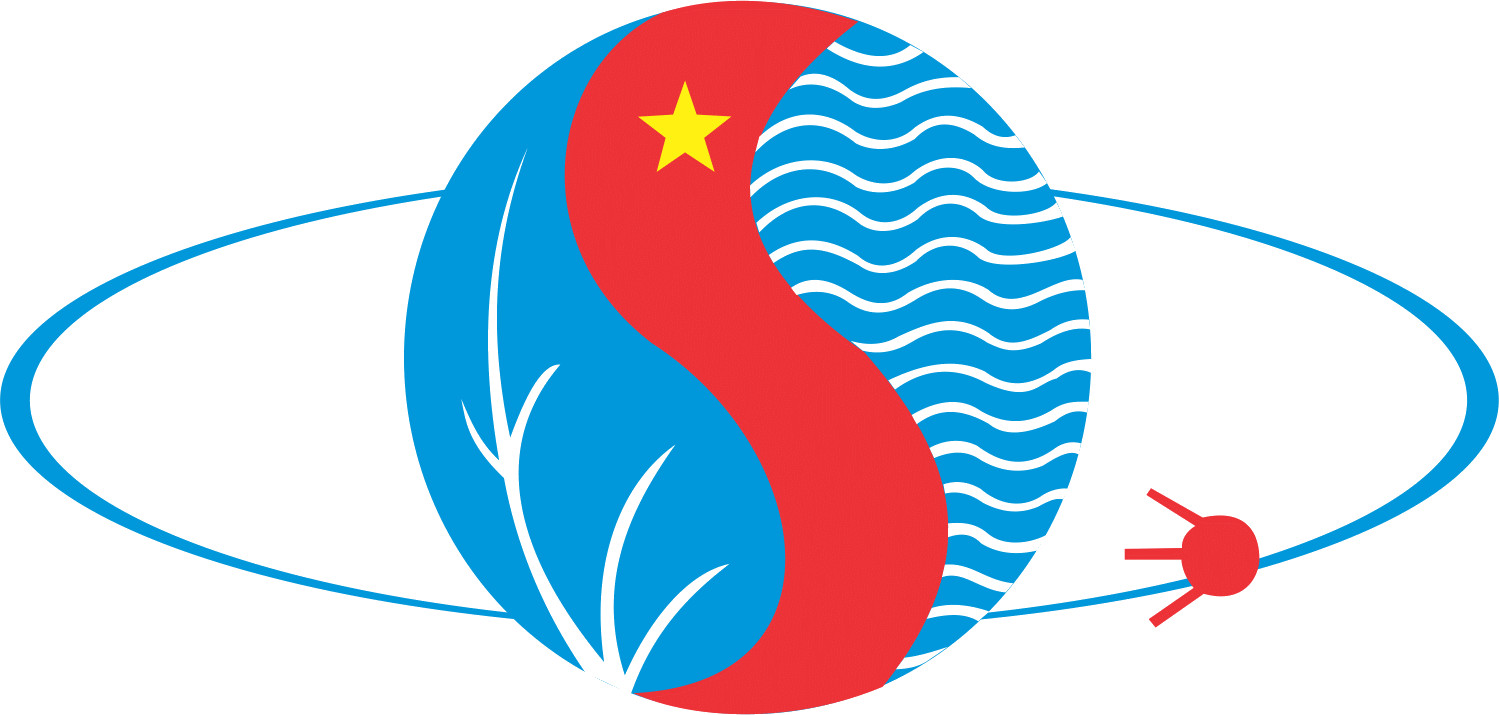Changing CIP template
Dear authors and readers,
Communications in Physics is launching a new article format, starting from Volume 33, issue 1, 2023. The new article format includes additional sections of the statements of authors contributions and conflict of interest, when necessary. Details of the new article format can be seen from the CIP-V3-Submit-Template.
Authors are encouraged to download it to refer for the manuscript preparation before submission to the journal.
Editor in Chief
Prof. Dr. Nguyen Dai Hung








